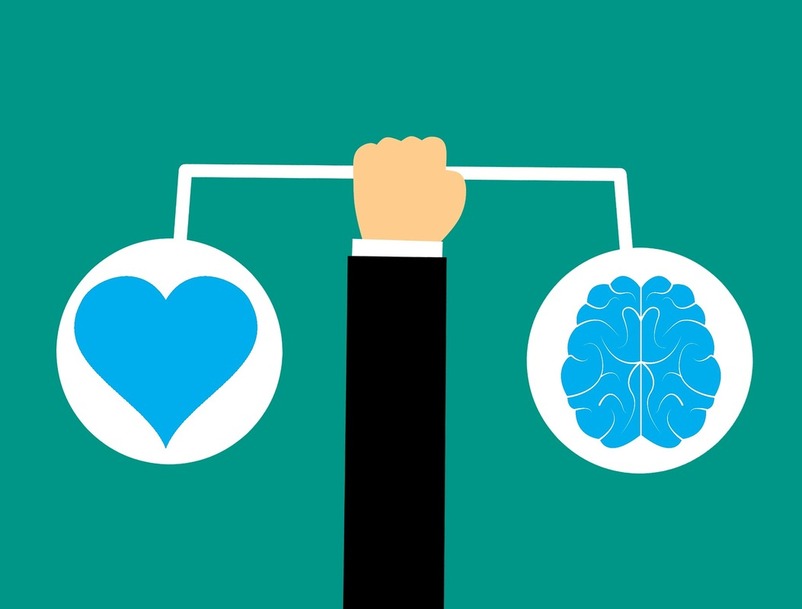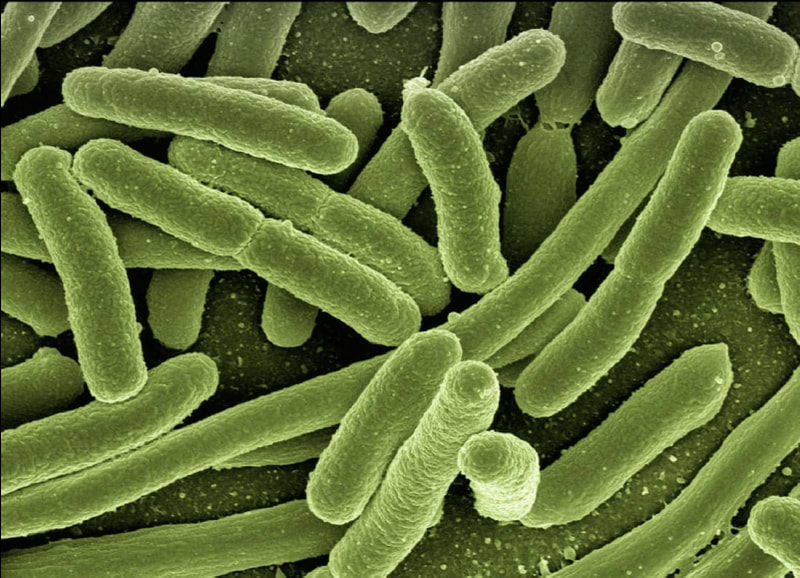The Effects of Mental Health on Cardiovascular Disease
The relationship between mental health and cardiovascular disease (CVD) has been well studied in recent years. In fact, patients in the aftermath of heart attack and stroke events often experience depression and high stress levels. While this connection between mental health and CVD seems clear, many people are not aware of how positive psychological health can promote a healthy heart. This article will review three ways in which psychological wellbeing can improve heart conditions and how one can take active steps to become heart healthy.
While there is a distinct line between mental health and biological health, they are actually far more intertwined than generally assumed. Poor mental health can physically change brain chemistry and create an imbalance of hormones and essential biological compounds. For example, our brains release cortisol in times of stress or depression. Chronically increased cortisol levels can cause significant changes in blood pressure and lipid/glucose levels, leading to hypertension, arrhythmia, and various other CVDs. However, studies have shown that positive psychological reinforcement can lead to lower blood pressure and a decreased risk of hypertension and CVD. While these mind-body connections are still being studied, general trends show that psychological well-being is an important part of keeping your body and your heart in good condition.
Beyond biological factors, poor psychological health generally induces poor habits and behaviors that can be detrimental to heart health. For example, studies show that young adults who reported below average levels of optimism were more likely to pick up smoking in the future. On the other hand, people with good mental health are more likely to engage in healthy diets and activities, such as consistent exercise. These can actively promote heart health, while habits such as smoking or poor diet can directly lead to the deterioration of cardiovascular health.
While there is a distinct line between mental health and biological health, they are actually far more intertwined than generally assumed. Poor mental health can physically change brain chemistry and create an imbalance of hormones and essential biological compounds. For example, our brains release cortisol in times of stress or depression. Chronically increased cortisol levels can cause significant changes in blood pressure and lipid/glucose levels, leading to hypertension, arrhythmia, and various other CVDs. However, studies have shown that positive psychological reinforcement can lead to lower blood pressure and a decreased risk of hypertension and CVD. While these mind-body connections are still being studied, general trends show that psychological well-being is an important part of keeping your body and your heart in good condition.
Beyond biological factors, poor psychological health generally induces poor habits and behaviors that can be detrimental to heart health. For example, studies show that young adults who reported below average levels of optimism were more likely to pick up smoking in the future. On the other hand, people with good mental health are more likely to engage in healthy diets and activities, such as consistent exercise. These can actively promote heart health, while habits such as smoking or poor diet can directly lead to the deterioration of cardiovascular health.
Image Source: MabelAmber
Intrapersonal factors have thus far been the main aspect of consideration when it comes to CVD. However, interpersonal factors also play an important role in preventing serious CVD. Generally, individuals who interact with others more readily and report having larger support systems are more likely to have optimistic qualities and seek medical attention when necessary. While many causes of introversion and pessimism are out of personal control (such as country of residence, childhood environment, etc.), it is important to make an effort to put oneself in positive environments. Abstaining from stressful activities, finding ways to manage stress, and maintaining a strong social support group can vastly improve mental health. Although risk of CVD has many hereditary roots, social interactions can actually have a great effect in decreasing said risk.
Conclusively, long term mental well-being seems to have a large effect on the significance of CVD in one’s life. Although positive thoughts and attitudes will not entirely stop CVD from occurring, it can decrease the magnitude of such events. It is important to seek out resources and activities that can promote psychological well-being, not only to improve mental health, but also heart health. Please visit the LA county department of mental health webpage for more resources and services.
Conclusively, long term mental well-being seems to have a large effect on the significance of CVD in one’s life. Although positive thoughts and attitudes will not entirely stop CVD from occurring, it can decrease the magnitude of such events. It is important to seek out resources and activities that can promote psychological well-being, not only to improve mental health, but also heart health. Please visit the LA county department of mental health webpage for more resources and services.
Featured Image Source: mohamed_hassan
RELATED ARTICLES
|
Vertical Divider
|
Vertical Divider
|
Vertical Divider
|






